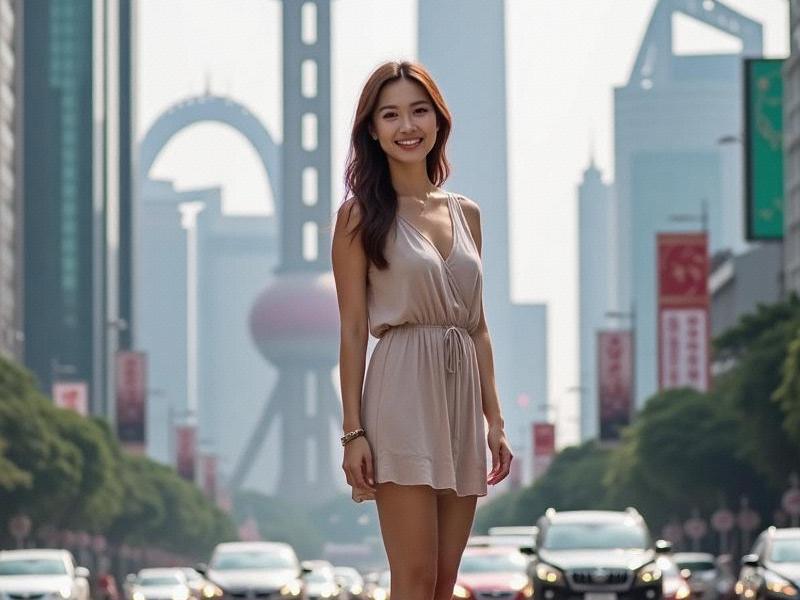This 2,500-word investigative feature examines Shanghai's evolving entertainment club scene, where traditional business KTVs coexist with avant-garde nightclubs, reflecting the city's unique blend of Eastern and Western influences.

Shanghai's Entertainment Landscape in 2025
The city's nightlife industry has rebounded dramatically post-pandemic, with notable developments:
- 53 new premium venues opened in 2024 alone (Shanghai Commerce Commission data)
- Average customer spending at high-end clubs reaching ¥4,200 per night
- 72% of luxury venues now offering "cultural experience" packages
Three Distinct Entertainment Models
1. The Modern Business KTV
- Soundproofed negotiation rooms with AI translation
- Sober entertainment options gaining popularity (57% growth)
上海龙凤sh419 - Traditional tea ceremony rooms adjacent to VIP suites
2. Concept Nightclubs
- The Bund's "Neon Dragon": A 3-floor digital art installation by teamLab
- "Jazz Age Shanghai": 1920s-themed speakeasy with live performances
- "Cloud Nine": Rooftop venue with retractable dome
3. Membership-Only Social Clubs
- ¥880,000 annual fees at top establishments
- Business networking as core value proposition
- 89% report hosting corporate events weekly
上海龙凤419油压论坛
Cultural Hybridization Trends
Innovative fusions include:
- Mixology classes featuring baijiu cocktails
- Digital Yuan payment integration at 68% of venues
- AI-powered personalized entertainment systems
Regulatory Environment
Recent policy changes affecting operations:
上海品茶网 1. Stricter alcohol serving regulations (10pm cutoff for standard licenses)
2. Mandatory cultural content quotas (minimum 30% local programming)
3. Enhanced financial transparency requirements
The Future of Shanghai Nightlife
Industry projections suggest:
• Increased focus on "daylife" business models
• Virtual reality integration in 42% of venues by 2026
• Sustainability certifications becoming competitive necessities
Shanghai's entertainment venues continue to serve as social laboratories, where global influences merge with Chinese traditions to crteeauniquely metropolitan experiences.